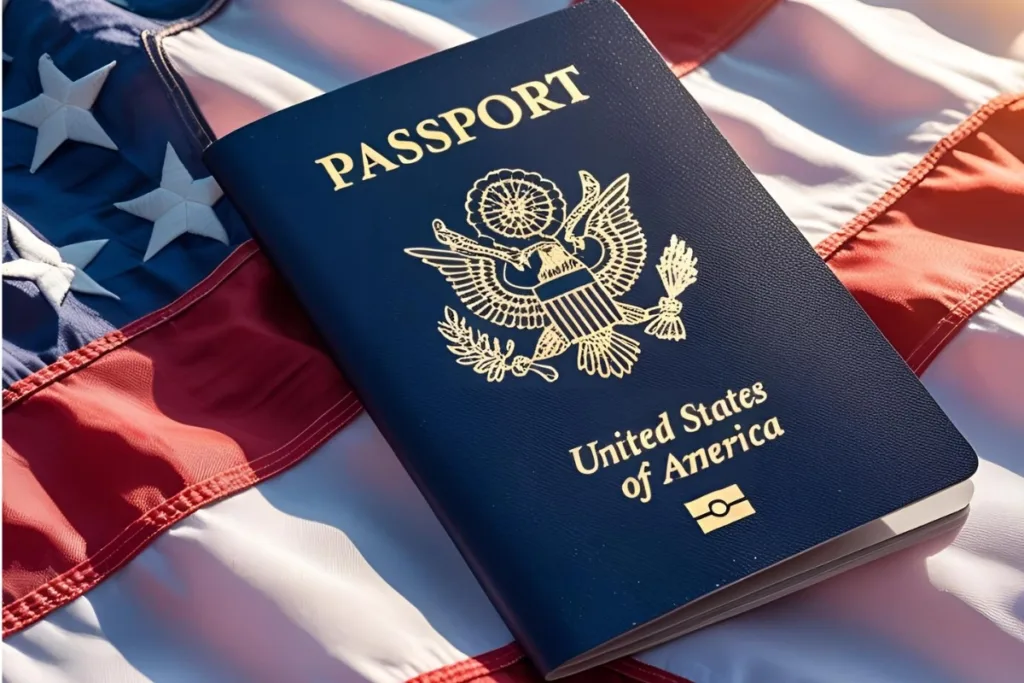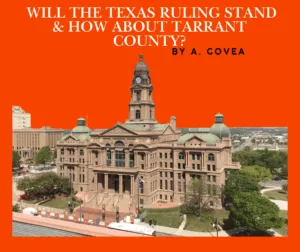ByACoM
Jul 2, 2025
The Justice Department last month issued a memo outlining priorities for deportation, including naturalized citizens. One vague clause in the memo puts many thousands at risk.

On June 11, the U.S. Department of Justice issued a memo that sent ripples through immigrant communities across America. It quietly declared denaturalization — the revocation of U.S. citizenship from naturalized citizens — a “top-five priority.”
While the memo frames the policy as focused on serious crimes like terrorism and fraud, its vague language and sweeping discretion have set off alarm bells. For immigrant Americans, especially those active in public life, the implications are already becoming visible.
What Does the DOJ Memo Say?
The memo from the DOJ’s Civil Division outlines the new priorities for denaturalization. It emphasizes cases involving:
- National security threats (e.g., terrorism, espionage, war crimes)
- Violent crimes, gang/cartel activity
- Major fraud, especially COVID-era scams and healthcare fraud
- Material misrepresentation on naturalization forms (e.g., undisclosed prior convictions)
But the memo also adds a catch–allclause: the DOJ may pursue denaturalization in “anycase deemed sufficiently important.”
That final line is what has civil rights groups and immigration advocates worried. It opens the door to “selective enforcement,” where political pressure or public profile could influence who gets targeted.
Why Does This Matter?
This policy is more than just a legal technicality—it’s a threat. Here’s why:
1. Misrepresentation Risks
Many people come to the U.S. on complex immigration journeys. Even minor omissions—an old citation, an expunged record, a mistaken answer—could now be framed as “material misrepresentation.”
2. Second-Class Citizenship
Unlike birthright citizens, naturalized citizens can now be stripped of their status through a “civil process” — which doesn’t guarantee a lawyer and uses lower standards of evidence.
3. Political Targeting
Given the U.S. government’s demand that visa applicants make their social media accounts public, it’s barely a stretch to imagine that political viewpoints can be used as an excuse to denaturalize citizens.
Already, Zohran Mamdani, a New York assemblyman, born in Uganda to Indian parents, and naturalized in 2018, is being targeted for his political outspokenness, with GOP officials demanding that the DOJ consider revoking his citizenship. This convergence of law enforcement power and political retaliation raises urgent questions: Is our American citizenship truly secure, or is it conditional?
If a lawmaker can be threatened for his views, what’s to stop such tactics from being used more widely? This is not about hidden crimes or immigration fraud. It’s about weaponizing the denaturalization process against a political opponent.
Let that sink in: A U.S. citizen, elected by voters, could be stripped of his citizenship because of his speech and political beliefs.
Possible Future Scenarios
Here are a few ways this policy could play out in the coming months and years:
Step 1: Criminal Focus
The DOJ limits denaturalization to those convicted of violent or large-scale fraud crimes. This is the justification given in the memo.
Step 2: Low-Bar Enforcement
Civil cases begin targeting individuals for paperwork issues, minor legal matters, or unintentional mistakes made during the naturalization process.
Step 3: Political Retaliation
High-profile critics of the administration — especially immigrants of color — are selectively investigated or prosecuted to silence dissent.
Step 4: Community Chilling Effect
Immigrant communities become more hesitant to engage politically, fearing attention or retaliation could lead to denaturalization.
Citizenship Safety Checklist
Here are some steps naturalized Americans can take to protect themselves:
1. Review Your Naturalization Record
- Retrieve your N-400 application and any documents submitted.
- Double-check that all past legal and/or immigration matters have been fully disclosed.
2. Consult an Immigration Attorney
- If you suspect an error or omission in your file — even if unintentional — get professional guidance.
3. Organize Your Legal History
- Collect and store records of any arrests, court cases, or resolved matters—even those expunged.
- Keep tax filings, employment history, and community engagement records.
This is a condensed version of They See Blue’s op-ed. You can read the full post here






